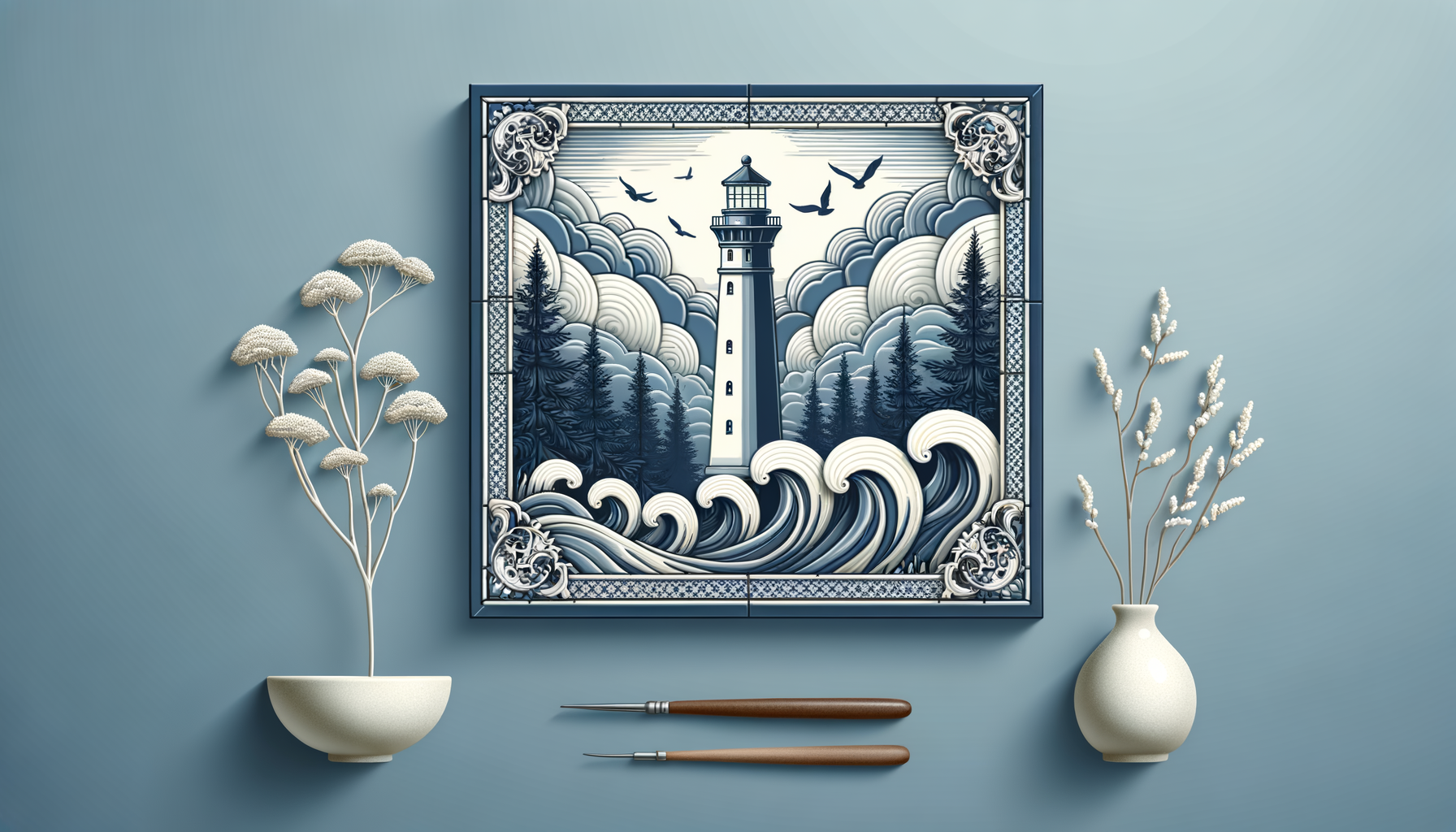“Why do you write?” Every time I’m asked this question, I picture Dame Maggie Smith raising one sculpted eyebrow over a teacup, wondering why I bother with something so quaint and tedious. And honestly, some days I want to side with her imaginary skepticism. Writing isn’t easy; it doesn’t always feel noble or even productive. A faulty Wi-Fi connection can derail you. And don’t even get me started on writer’s block—it has that specific brand of torment, like rewatching the same dating show and getting irrationally mad when the villain makes it to the finale again. Yet, even on the hardest days, I can’t not write. It’s in me, like a lighthouse beam cutting through coastal fog.
There’s a romance to it, sure—but not the candlelit-dinner kind. Writing is more like a first date where you trip on the hem of your skirt or use the wrong fork for your salad. It’s messy, unsure, vulnerable—the kind of romance that makes you feel real. So, let me take you on a little journey, past lighthouses and lobster traps, to explain why I write and why I keep coming back to it, even when the words don’t come easily.
Storytelling: My Oldest (and Most Loyal) Flame
Every writer has their origin story, and for me, it began in the creaky rooms of my childhood home, a rambling sea captain’s house suffused with the smell of saltwater and the whisper of old furniture. I grew up listening to tales about schooners lost to storms, bootleggers using the marshes for cover, and fierce women who ran households while their husbands chased the horizon.
That early dose of New England lore was less bedtime story, more immersive world-building workshop. Sitting there on the worn Persian rug, I soaked up the unspoken rules of good storytelling: a mix of adventure, heartbreak, and just enough detail to make the listener lean closer. I didn’t know it yet, but I was learning that life and love—and writing about them—are at their best when you leave in the storm clouds alongside the sunshine.
There’s a reason I write about people, their flaws, and their connections. I’ve seen both the grandeur and humility of what it means to love. My ancestors' love letters, brittle with age, told me everything I needed to know about being captivating and human. (Spoiler: melodrama wasn’t invented on social media.) It’s the raw, messy truths about ourselves that make life worth sharing and writing about.
Writing and the Art of Subtle Vulnerability
Writing, to me, is like flirting—but not in the eyes-meeting-across-the-room kind of way. It’s more like when someone finally works up the nerve to tell you a half-embarrassing, half-hilarious story about themselves, and through it, they become a little more real to you. Writing puts your vulnerabilities on the page, but not all at once.
Sometimes, when I’m rewriting a difficult scene, I think of a date I had back in college. The poor guy took me to an art museum, hoping to come off worldly, but then he couldn’t stop making cringy jokes about ancient sculptures’ lack of noses. I could see his effort, even through his awkwardness. Writing is a little like that—it’s trying to connect, to offer something of yourself, hoping it’s enough to open a door.
This ethos of vulnerability has carried me, not just as a writer but as a person. Through every awkward dating faux pas and breakup debrief over chai tea with friends, I’ve learned that the more we share—our messy histories, our truest thoughts—the deeper our connections go. And isn’t that the secret sauce to good storytelling? Let people see the cracks; they’ll love you for it.
Anchors in a Driftless World
Another reason I write is to create a sense of home, both for myself and for others. To this day, I lean on writing to tether myself when life feels unmoored—which happens to all of us, let’s be honest. It's like when you go out with someone new and feel your brain screaming, "Why did I even agree to this?" because they’re ordering something called “deconstructed lasagna” while you’re just trying to find the chicken Alfredo.
Writing has this remarkable ability to pull you back to yourself. It reminds me of walking on the rocky beaches of Maine after a storm, looking for bits of sea glass tucked among the foam. When I write, I’m collecting those fragments—parts of myself, memories of someone I loved, a phrase so perfect it makes you pause.
I think we’re all searching for home in one way or another—whether it’s through books we devour, relationships we nurture, or even late-night Instagram-scrolling marathons. Writing helps me build that home, piece by piece.
Why I Keep Writing
Some people bake sourdough to decompress. Some renovate campers or raise chickens. I write. And let me tell you, finding the courage to keep going—through blank pages and scrawled, terrible first drafts that should’ve been buried at sea—isn’t exactly easy.
But writing has taught me resilience. My Bowdoin professors drilled into me the importance of revision. They handed papers back so covered in red that they could’ve doubled as emergency flares. Like all good feedback, though, it made me better. It reaffirmed one golden truth: you don’t have to get it right on the first try, not in writing and definitely not in life.
That’s a lesson I’ve carried into my relationships. Whether navigating a messy breakup or figuring out how to nurture something long-term, we’re always revising ourselves. Relationships, like writing, take humility and a willingness to start over when needed. And isn’t that the crux of why we tell stories in the first place? To make sense of our revisions—to tap into universal truths while celebrating the messy, imperfect, full-of-typos process of being human.
Final Thoughts: Write Your Own Story
If you’re reading this, maybe you’ve flirted with the idea of picking up a pen. Or perhaps you're trying to reconnect with a part of yourself you once cherished. Either way, let me leave you with this: writing isn’t just for the dog-eared notebooks and tortured artists. It’s for anyone who’s ever turned a small heartbreak into a song or texted a perfectly crafted zinger they knew would take the group chat by storm.
We’re all storytellers. Whether we’re navigating the push-pull dynamic of love or just recreating that French toast recipe from TikTok, we’re shaping narratives. So go ahead—write yours. Be bold, let the cracks show, and don’t worry if you spill a little ink. The imperfect parts are what make your story worth telling.




















